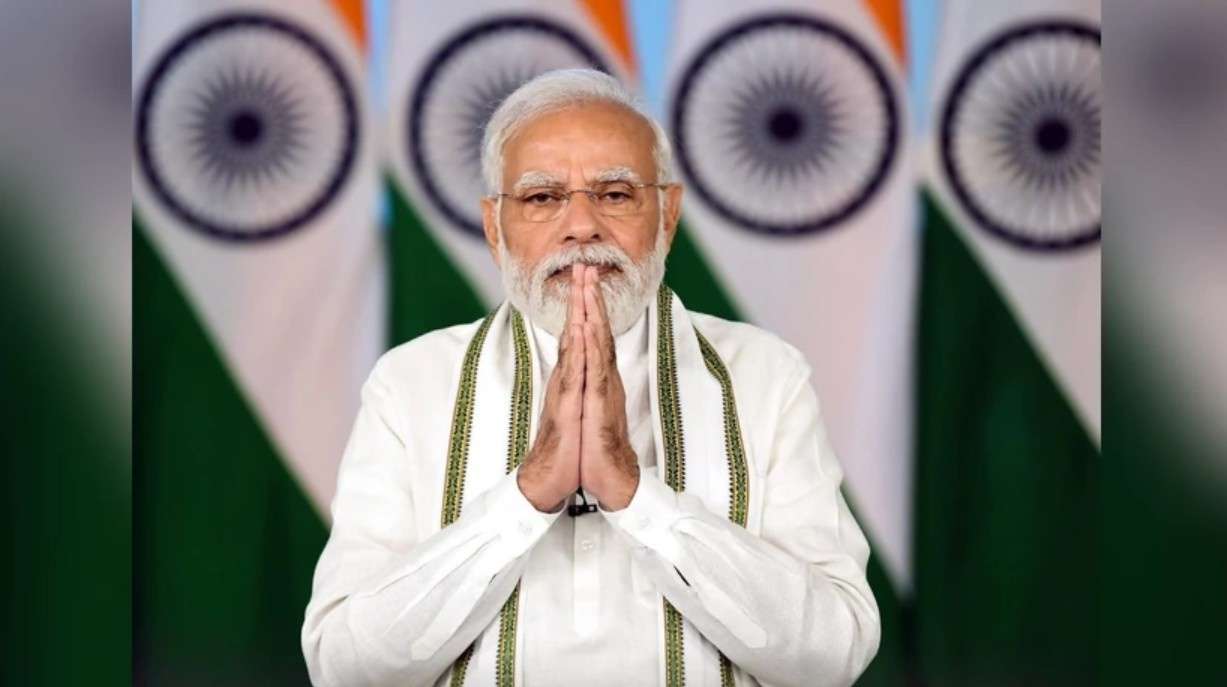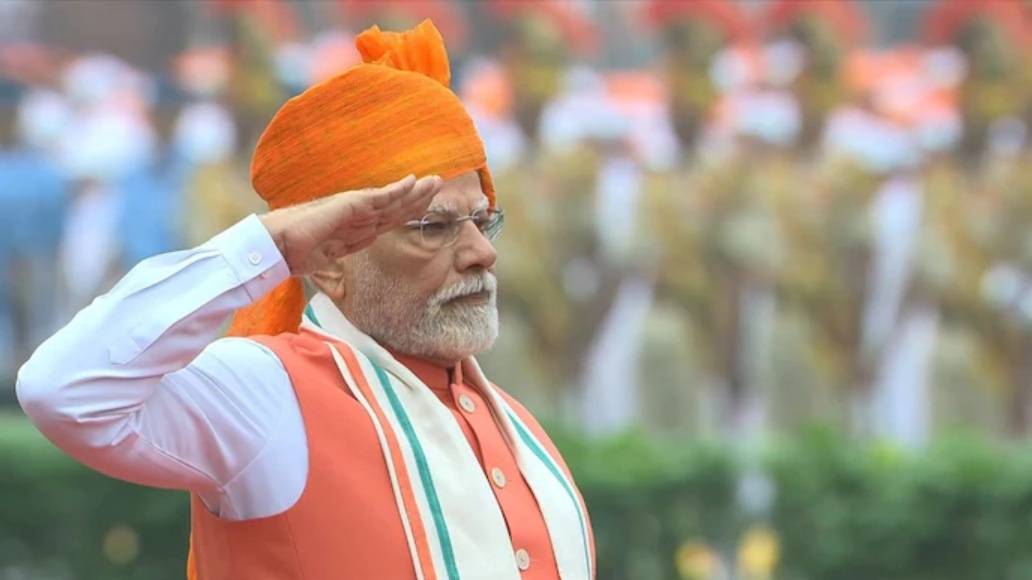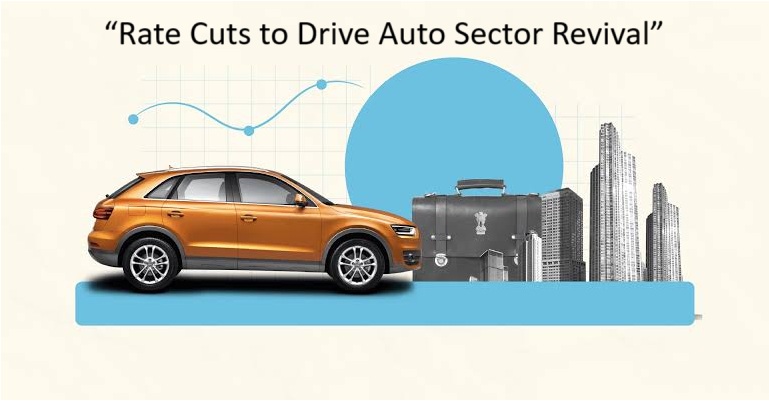Prime Minister Modi outlines major GST changes, maritime sector reforms, and a roadmap for India’s self-reliance from “chip to ship” in a landmark national address.
PM Modi’s National Address: Key Updates and Highlights
On [date], Prime Minister Narendra Modi addressed the nation at 5 PM, unveiling significant reforms in India’s Goods and Services Tax (GST) system, maritime sector, and manufacturing policies. His speech emphasized India’s goal of becoming a self-reliant economy, famously using the phrase “from chip to ship” to highlight the full spectrum of manufacturing independence.
The address came ahead of the roll-out of GST 2.0 reforms and introduces major initiatives aimed at boosting domestic industries, simplifying trade, and accelerating economic growth.
Key Highlights from the Speech
1. GST Reforms to Simplify Business and Boost Growth
Modi announced a revamped GST framework that will reduce compliance burdens and make taxation more transparent. He highlighted how these reforms will benefit both small businesses and consumers by streamlining processes and lowering operational costs.
2. Vision of Self-Reliance: “From Chip to Ship”
The Prime Minister stressed the importance of India producing everything it needs—from advanced semiconductor chips to large ships. He underscored the government’s commitment to reviving shipbuilding by granting infrastructure status to large ships, which will ease financing and promote growth in this sector.
3. Maritime Sector Overhaul
Modi introduced initiatives like “One Nation, One Document” and “One Nation, One Port” to eliminate fragmented procedures in port operations, making trade faster and more efficient. The government plans to invest over ₹70,000 crore to modernize shipyards, ports, and related infrastructure.
4. Boosting Economic Inclusivity and Ease of Doing Business
Emphasizing inclusive growth, Modi said these reforms aim to help entrepreneurs, especially small business owners, by reducing red tape and enabling smoother operations. The reforms are designed to create a more competitive market and lower prices for consumers.
5. Path to Developed India by 2047
Modi concluded with a vision for India to become a developed nation by its 100th year of independence in 2047, focusing on technological advancement, manufacturing self-sufficiency, and infrastructure modernization.
Reiteration of Key Quotes from PM Modi’s Speech
- “From chip to ship, India must rely on itself.”
- “One Nation, One Document and One Nation, One Port will simplify trade and commerce across the country.”
- “The large-ship infrastructure status will unlock easier financing and boost the shipbuilding industry.”
- “GST reforms will accelerate India’s growth story and reduce burdens on businesses and consumers alike.”
Why This Address Matters
This address marks a strategic push toward reducing India’s dependency on imports and enhancing domestic production capabilities in critical sectors. The reforms in GST and maritime industries are expected to create jobs, improve trade efficiency, and strengthen India’s position in the global supply chain.
The government’s vision emphasizes not only economic growth but also sustainability and inclusivity, promising a future where Indian industries thrive independently.



